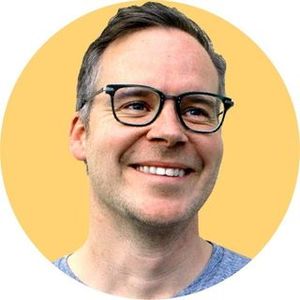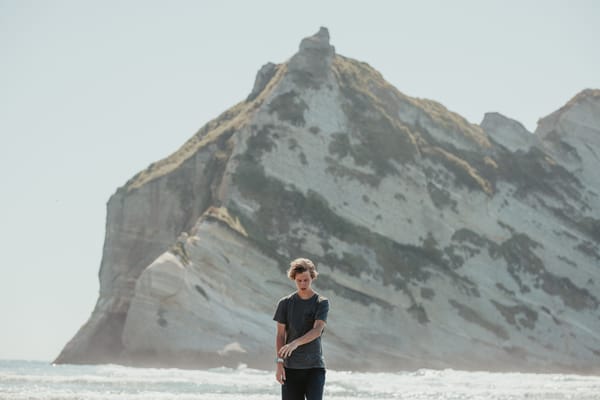I’ve had a few conversations lately that all come back to the same kind of question:
"How can I be sure I'm covering everything I should – do I maybe need a curriculum to help guide us? And if so...which one?"
It’s a totally understandable place to land. When you choose a life without school, you're not just stepping away from classrooms and timetables - you're stepping away from a whole system that tells you what learning should look like, when it should happen, and what should be covered.
And in the absence of that, it’s normal to feel a bit...adrift. So, to give ourselves something to anchor to, we often go looking for a curriculum. Because a curriculum feels like a solution. A container. Something that will show us the way, and reassure us that we haven’t missed anything. On a path that can feel equal parts freeing and scary, we think it will give us a sense of control.
But if we choose the ‘wrong’ one (and the choices out there are, frankly, overwhelming), we risk boxing ourselves into a corner and feeling like we’re back in a classroom. Pressure, battles, stress, falling behind...everything we thought we’d left behind comes roaring back. And so we try another curriculum, and another...or maybe we don't actually try them, but we definitely look around at them. We start researching. Asking for opinions. Hoping to find the one that will finally unlock things for us.
Ever been in that cycle?
If you have, I want to break you free from it once and for all. And it starts with looking at what a 'curriculum' actually is (or, at least, should be).
The word curriculum comes from the Latin curriculum (yes - spelled the same, but pronounced a little differently back then), which meant “a running,” “a course,” or “a career.” It’s rooted in the word currere - “to run.” A ‘curriculum’ wasn’t originally about worksheets, weekly plans, or neatly packaged topics. It was about the path someone runs. Their journey. A sequence of forward-motion steps that shape a life. In education, that meaning eventually became “a course of study”, but the original image is my favourite way of viewing this. A curriculum isn’t something you print and follow.
It’s something you travel.
And that journey is guided by another pair of old Latin words, which I also love, and which modern education has seemingly forgotten - educare and educere.
Educare means “to raise, to nourish, to bring up.”
Educere means “to lead out.”
So real education - at its root - is both. It’s the intentional raising of a child and the drawing out of who they already are. Not cramming them full of content, but walking with them long enough, and supporting them well enough, that their unique voice, gifts, and passions get to see the light of day.
Which means the curriculum you design - whether it lives in a binder or just in the rhythm of your days - doesn’t need to follow someone else’s formula. It just needs to help you do those two things:
Nurture.
And lead out.
So if you're wondering what the best curriculum for your child is, it’s not the one that covers everything. It’s not the one that promises academic excellence or prepares them for every future possibility.
It’s the one that pays attention.
Because when you let go of someone else’s version of “what should be covered,” you make space for something far more interesting - a living, breathing, responsive path.
A journey. One that evolves with your child, rather than forcing them to fit it.
I'm Issy - a home educating dad and the voice behind The Life Without School Podcast 🎙️ Every week I send out grounded, thoughtful encouragement through emails just like this. If you’re not already signed up to get them, drop your email address into the box below - I'd love to send them your way.
And if you’d like to go even deeper on this very topic, I share a new episode inside my private Life Without School Collection every week. These are research-backed episodes that tackle the real doubts, decisions, and mindset shifts that shape home educating life, giving you practical tools to grow your confidence, deepen your trust in your child, and build a home education journey that truly fits your family.
(there’s already more than 10 hours of listening waiting for you inside, growing every week)
📚 Find out more about the Collection here








